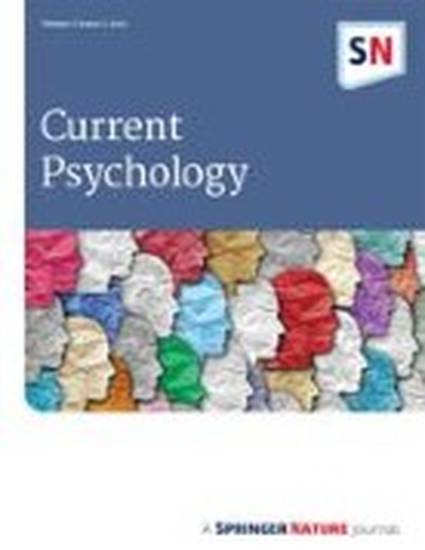
Article
Positive psychology interventions in the United Arab Emirates: Boosting wellbeing - and changing culture?
Current Psychology
(2021)
Abstract
As the science of wellbeing has grown, universities have adopted the challenge of prioritizing the wellbeing of students. Positive psychology interventions (PPIs), activities designed to increase the frequency of positive emotions and experiences, which help to facilitate the use of actions and thoughts that lead to human flourishing, are being increasingly used worldwide. Known to boost wellbeing and a number of other variables, it nonetheless remains unknown whether their use can influence other variables in non-Western cultures. In this study, we determined the impact of PPIs on a variety of wellbeing outcomes. The 6-week PPI program was conducted in the United Arab Emirates on Emirati university students (n = 120) who reported more positive emotion and overall balance of feelings that favored positivity over time relative to a control group. Yet, there was no effect found on negative emotions, life satisfaction, perceived stress, fear of happiness, locus of control, or somatic symptoms, and no effect on levels of collectivism or individualism. Our findings nonetheless support the use of PPIs in higher education as they show an increase in the experience of positive emotion, with this in itself bringing positive life outcomes, and no negative impact on culture. Our findings serve to build a foundation for understanding for whom PPIs work best - and least - around the world.
Disciplines
Publication Date
2021
Citation Information
Louise Lambert, Meg A Warren, Allison Schwam and Michael T Warren. "Positive psychology interventions in the United Arab Emirates: Boosting wellbeing - and changing culture?" Current Psychology (2021) Available at: http://works.bepress.com/meg-warren/49/
